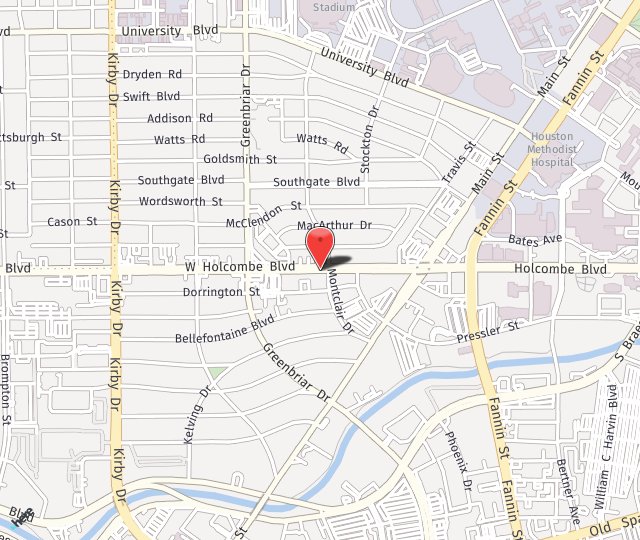
Obstructive sleep apnea
Obstructive sleep apnea is the most common form of sleep apnea, where the throat muscles relax and your airway narrows or closes as you breathe in. When you don’t get enough air, the oxygen level in your blood decreases. You may have a brief awakening when your choke or gasp as your brain rouses you from sleep, sensing your inability to breathe. These episodes can happen throughout the night and impair your ability to reach deep, restful sleep.
Symptoms
Symptoms include loud snoring, gasping for air when you sleep, episodes where you stop breathing during sleep, awake with a headache and sore throat or dry mouth, insomnia, hypersomnia, irritability, memory and concentration problems, and depression and anxiety. If you have any signs or symptoms of sleep apnea, you need to talk to your doctor. Even if you don’t have sleep apnea, he can help you improve your quality of sleep.
Risk factors
Anyone can develop sleep apnea, but some people are more likely to develop the condition if they have certain risk factors, including:
- Men are twice as likely to suffer as women. Women have an elevated risk after menopause.
- Older adults.
- If one or more of your family members have sleep apnea, you’re more likely to as well.
- People who are overweight or obese are four times as likely to suffer from sleep apnea.
- Patients who use alcohol or sedatives because these can relax the muscles of the throat and cause airway collapse.
- People who smoke are four times as likely to develop sleep apnea than nonsmokers.
- Patients with thick necks.
- Patients with narrowed airways.
While you can’t help your genetics or anatomy, you can work toward maintaining a healthy weight, reducing consumption of alcohol, and starting on a smoking cessation program if you smoke.
If you suffer from sleep apnea and are seeking a non-invasive treatment option to improve your sleep quality, call 713-425-1302 to set up an appointment with Dr. Konig.

